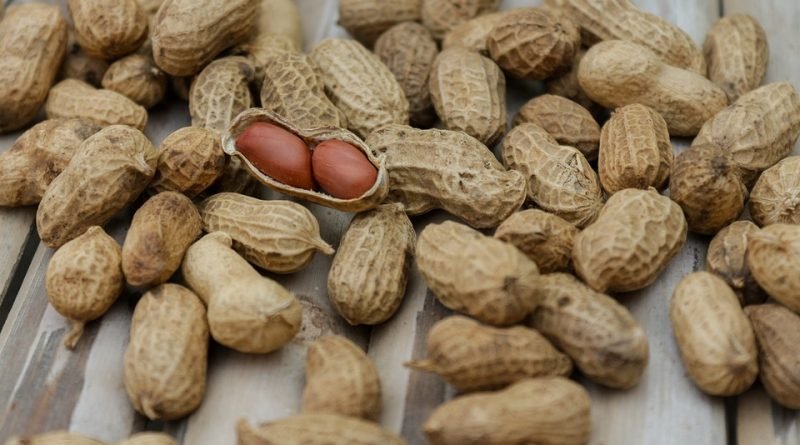The Hidden Dangers of High-Fructose Corn Syrup in Our Diets
High-fructose corn syrup (HFCS) has become a staple in the American diet over the past few decades. It is a sweetener commonly used in processed foods and beverages, including sodas, candies, cereals, and even bread. While it may taste good, there are some hidden dangers associated with consuming high amounts of HFCS.
One of the main issues with HFCS is that it is extremely high in fructose, which can have negative effects on our health when consumed in excess. Fructose is processed differently in the body than other sugars, such as glucose, and can lead to a number of health problems. One of the main concerns is that consuming high amounts of fructose can lead to increased fat storage in the liver, which can contribute to the development of non-alcoholic fatty liver disease.
Additionally, consuming excess fructose has been linked to an increased risk of obesity, heart disease, and type 2 diabetes. Studies have shown that high intake of fructose can lead to insulin resistance, which can contribute to the development of diabetes. In addition, consuming large amounts of fructose can also increase levels of triglycerides in the blood, which is a risk factor for heart disease.
Another concern with HFCS is that it is often found in highly processed foods that are low in nutrients and high in calories. Consuming these types of foods can lead to weight gain and an increased risk of obesity. In addition, the high levels of sugar in these products can also contribute to tooth decay and other dental problems.
While some experts argue that HFCS is no worse for our health than other types of sugar, the fact remains that consuming high amounts of fructose can have negative effects on our health. To reduce your intake of HFCS, it is important to read food labels carefully and choose whole, unprocessed foods whenever possible. By being mindful of your diet and choosing foods that are low in added sugars, you can help protect your health and reduce your risk of developing chronic diseases associated with high-fructose corn syrup.
